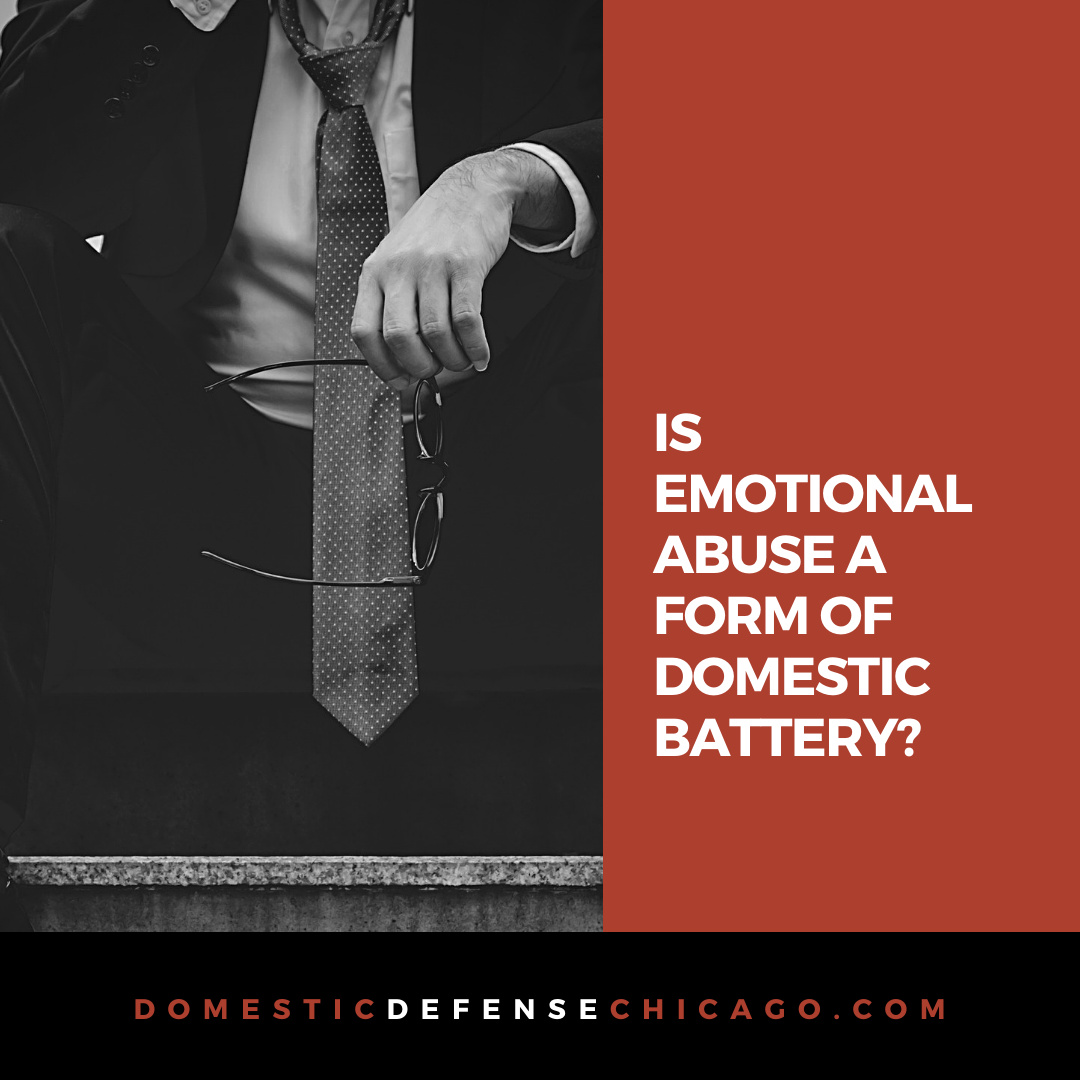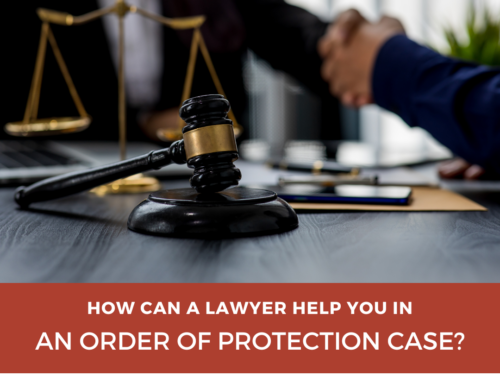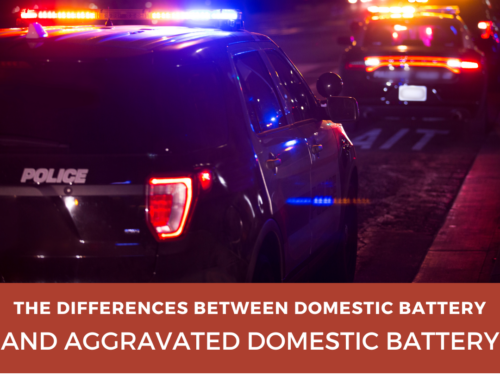Is emotional abuse considered domestic battery? Here’s what you need to know about this serious criminal charge.
Is Emotional Abuse Considered Domestic Battery?
Emotional abuse is not domestic battery – although it can be another type of crime or be something that most people would consider a form of domestic violence. In the state of Illinois, domestic battery involves physical contact or physical harm.
The law says that a person commits domestic battery if he or she knowingly (and without being legally justified):
- Causes bodily harm to any family or household member
- Makes physical contact of an insulting or provoking nature with any family or household member
However, that doesn’t mean emotional abuse doesn’t play a role in the crime of domestic battery. Emotional abuse is often accompanied by threats of physical violence, actual physical violence and even sexual assault. Cycles of abuse can drag on for long periods of time, with or without domestic battery, and it can occur in several contexts – including among family and household members that characterize domestic battery.
Related: Everything you need to know about domestic battery in Illinois
Emotional abuse can include things like:
- Verbal aggression
- False statements or lies directed toward the victim, including gaslighting
- Isolating the victim from others, including family and friends
- Controlling the victim through threats
- Dominating or repressive behavior against the victim
- Spreading ideas of jealousy or slander of the victim
- Forcing the victim to view disturbing or negative images or behaviors
As you can see, a lot of these things can tie into domestic battery – but the Illinois Compiled Statutes don’t consider emotional abuse to be a crime. However, in some cases, it’s possible for a person to obtain an order of protection against someone for these reasons.
Related: Should you tell police you’re innocent if they arrest you for domestic violence?
A Word on Orders of Protection and Emotional Abuse
An order of protection can have serious consequences. It can prevent you from:
- Threatening the alleged victim
- Entering your own home
- Visiting your children or taking your children out of state
- Accessing your kids’ medical and school records
Orders of protection can also require you to:
- Stay away from the alleged victim
- Attend counseling
- Appear in court
- Turn your weapons over to law enforcement
- Give personal property to the alleged victim
A judge can add any “necessary” stipulations to an order of protection.
Related: When women are falsely accused of domestic battery
What Should You Do if a Family or Household Member is Accusing You of Emotional Abuse?
If someone accuses you of emotional abuse, you should take a look at your behavior and see if what the person is saying has any merit. If it doesn’t, you should be careful – a false accusation of emotional abuse can actually be a form of emotional abuse.
So what about domestic battery? If someone accuses you of domestic battery, you need to know that the consequences can be harsh, far-reaching and permanent. Domestic battery is typically a Class A misdemeanor in Illinois, and you could end up going to jail for up to a year if you’re convicted. In some cases, domestic battery can be a Class 4 felony – and that can result in a 3-year prison sentence, plus hefty fines.
Related: Can I drop domestic battery charges against my boyfriend?
For most people, the best thing to do after a domestic battery accusation is to work with an attorney. Your attorney can answer your questions, help preserve your rights and even fight for you in court. If you’ve been accused of domestic battery, call our office immediately at 847-920-4540 – we’ll be happy to give you a free consultation.







Leave A Comment
You must be logged in to post a comment.